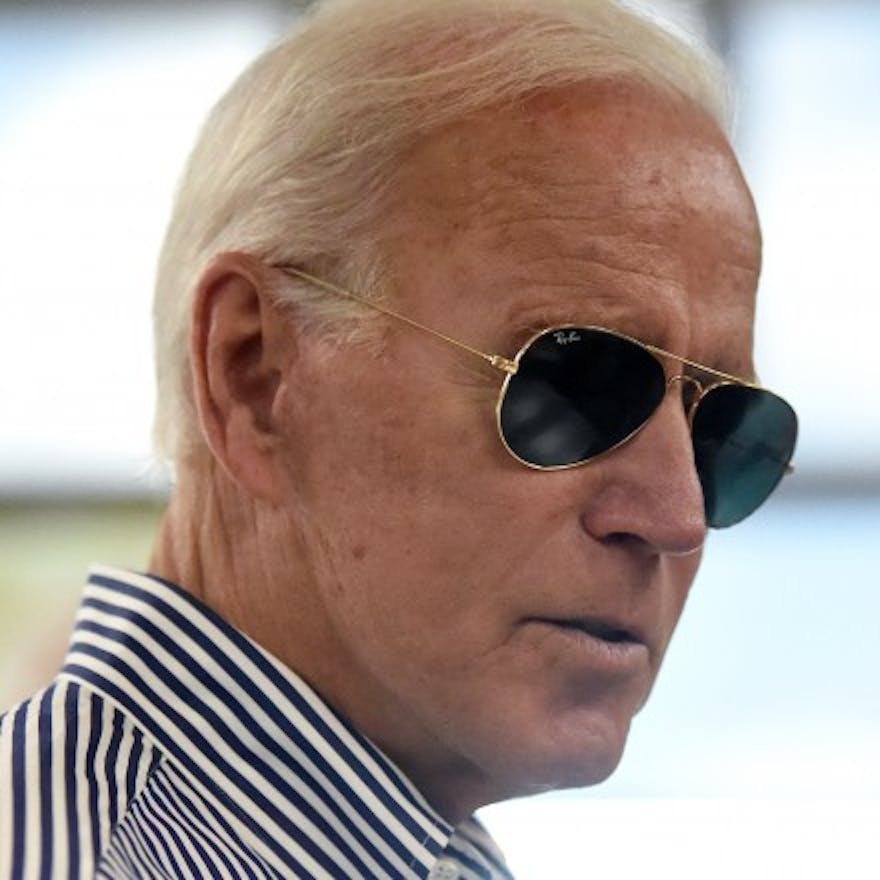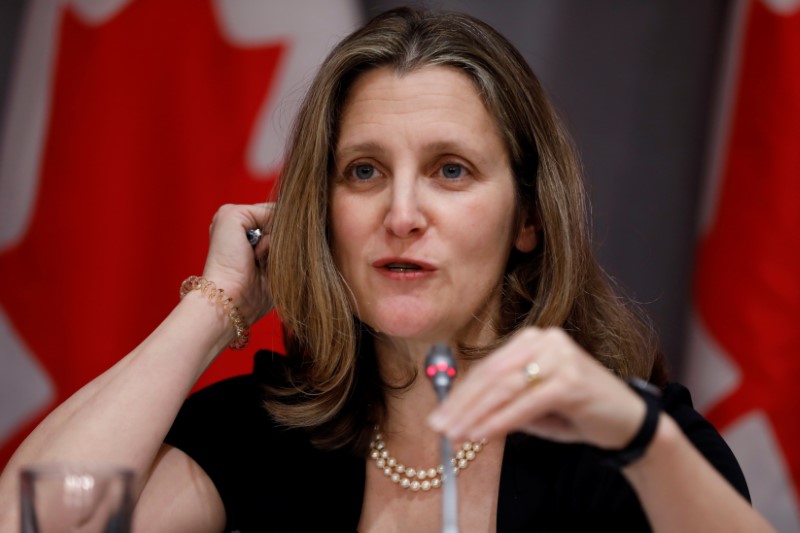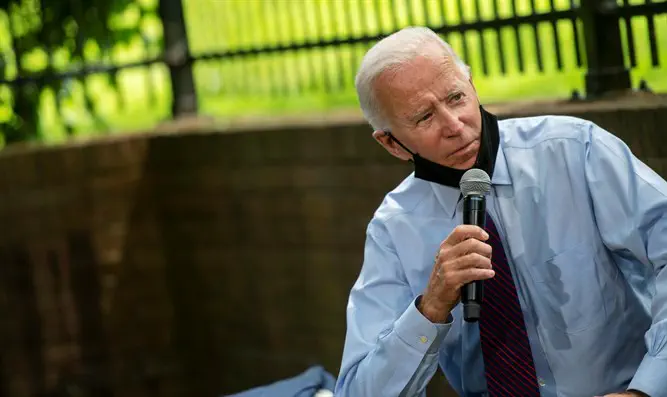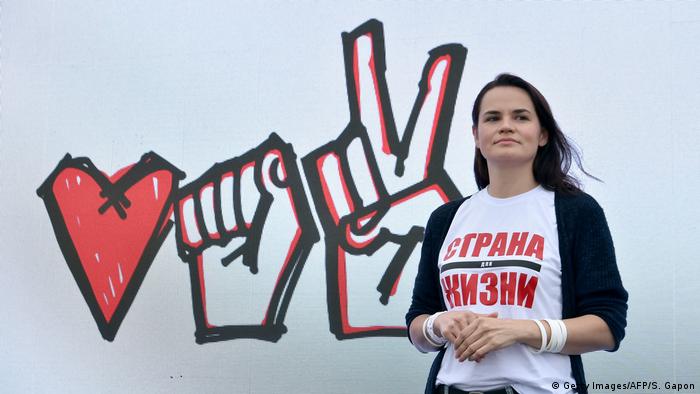IRONY
The USA violates market rule with ban on apps, China denounces

Beijing, Aug 6 (Prensa Latina) China accused the United States today of violating market principles with its plan to ban the use of mobile applications developed here, arguing that they pose a security risk.
Wang Wenbin, a spokesman for the Ministry of Foreign Affairs, condemned the move and denounced that it is rather intended to protect U.S. monopoly in the field of high technology.
He said that Washington does not have elements to proceed with this measure and urged its authorities to create conditions for the normal development of economic and commercial activities of foreign companies.
Wang responded this way after US Secretary of State Mike Pompeo announced yesterday the extension of the program called 'Clean Network' directed against China.
Through this plan, the White House wants to ban mobile applications such as WeChat and Tik Tok because it considers them to be 'an unreliable and significant threat to the personal data of U.S. citizens.'
It also intends to prevent apps made in the United States from being pre-installed or available for download on phones and wireless devices made in China by firms like Huawei.
Pompeo's announcement follows President Donald Trump's pressure on Tik Tok, also over alleged security risks. Earlier this week, the U.S president told Chinese technology company ByteDance to sell its popular platform to Microsoft, or else he would shut it down in mid-September.
Frictions between the world's first and second powers are worsening, and the issue of mobile applications is just one of the ingredients that stir them the most.
In recent weeks, the United States imposed sanctions on Chinese companies for alleged abuses of Muslim minorities in the Xinjiang Uyghur autonomous region and charged two Chinese citizens with alleged theft of data from the Covid-19 vaccine and military technology secrets.
In addition to this, Pompeo made a controversial statement on Hong Kong and called on Washington's allied countries to use 'more creative and energetic ways' to pressure the Communist Party of China.
That call is interpreted by local analysts as the prelude to a new Cold War and the resurgence of McCarthyism, which is why they agree that China must remain alert for the possible outbreak of military clashes with the United States in the near future.
sus/aph/mem/ymr
He said that Washington does not have elements to proceed with this measure and urged its authorities to create conditions for the normal development of economic and commercial activities of foreign companies.
Wang responded this way after US Secretary of State Mike Pompeo announced yesterday the extension of the program called 'Clean Network' directed against China.
Through this plan, the White House wants to ban mobile applications such as WeChat and Tik Tok because it considers them to be 'an unreliable and significant threat to the personal data of U.S. citizens.'
It also intends to prevent apps made in the United States from being pre-installed or available for download on phones and wireless devices made in China by firms like Huawei.
Pompeo's announcement follows President Donald Trump's pressure on Tik Tok, also over alleged security risks. Earlier this week, the U.S president told Chinese technology company ByteDance to sell its popular platform to Microsoft, or else he would shut it down in mid-September.
Frictions between the world's first and second powers are worsening, and the issue of mobile applications is just one of the ingredients that stir them the most.
In recent weeks, the United States imposed sanctions on Chinese companies for alleged abuses of Muslim minorities in the Xinjiang Uyghur autonomous region and charged two Chinese citizens with alleged theft of data from the Covid-19 vaccine and military technology secrets.
In addition to this, Pompeo made a controversial statement on Hong Kong and called on Washington's allied countries to use 'more creative and energetic ways' to pressure the Communist Party of China.
That call is interpreted by local analysts as the prelude to a new Cold War and the resurgence of McCarthyism, which is why they agree that China must remain alert for the possible outbreak of military clashes with the United States in the near future.
sus/aph/mem/ymr


























